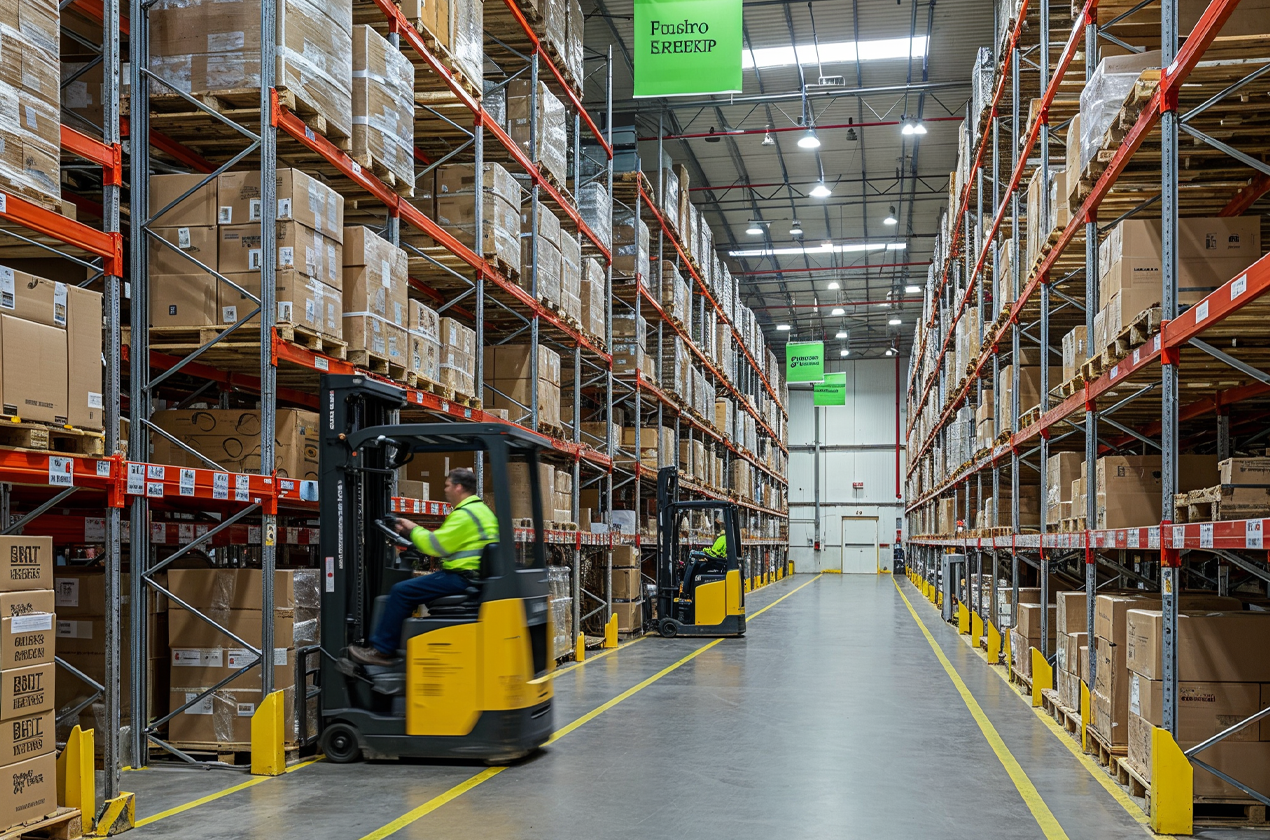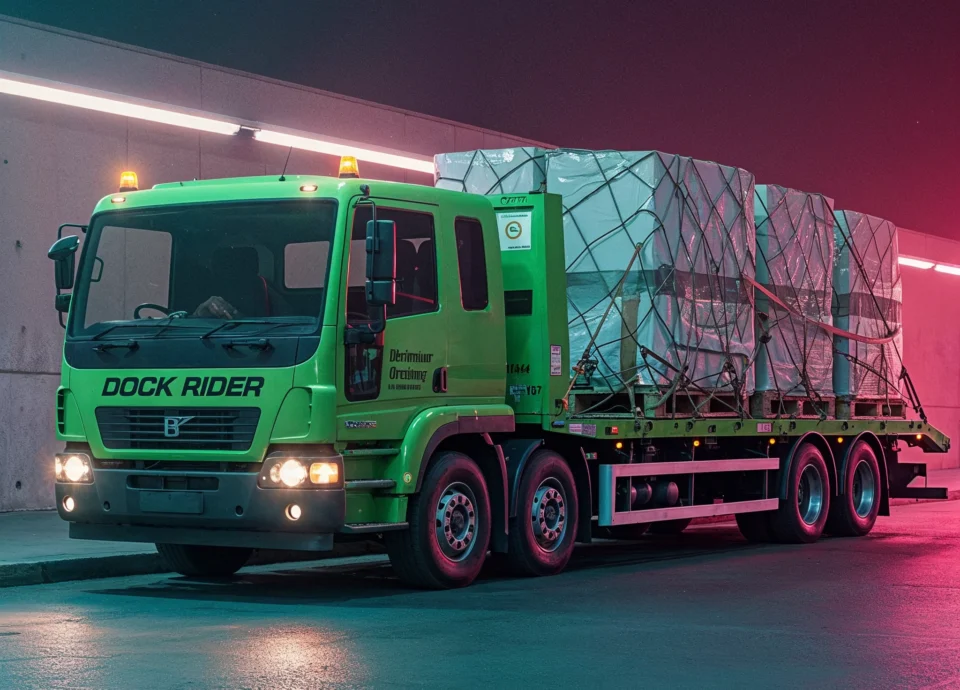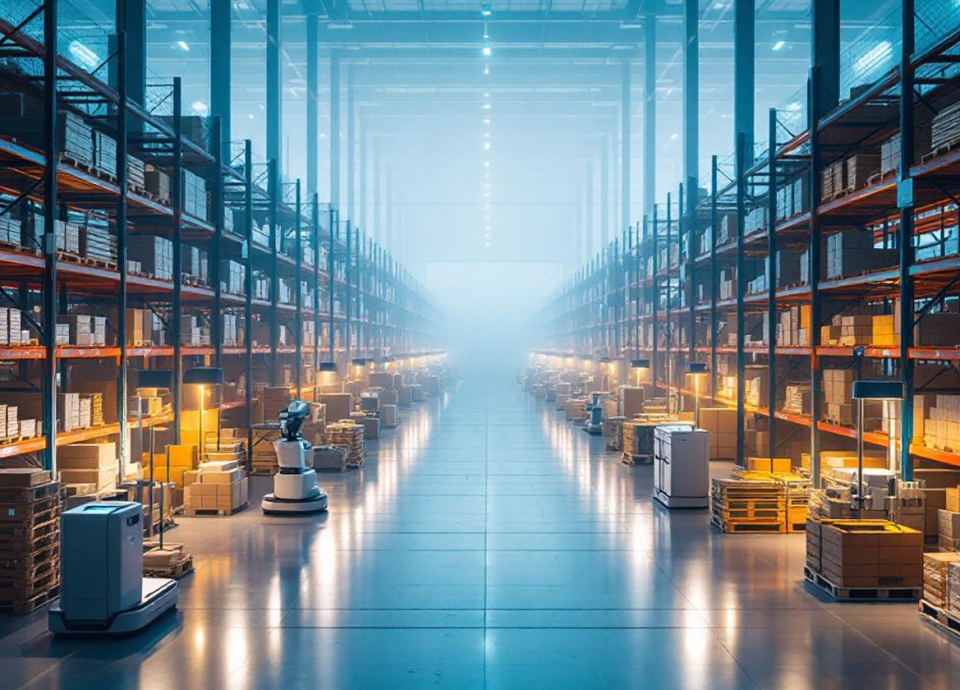Technology is reshaping every aspect of modern logistics, introducing greater speed, visibility, and efficiency to traditional operations. From inventory control to final-mile delivery, the adoption of digital tools has become essential for logistics companies striving to stay competitive in today’s fast-paced marketplace.
One of the most influential innovations is cloud-based logistics platforms. These systems offer real-time tracking of shipments, automated order processing, and centralized data management. They help logistics managers monitor their entire network and make data-backed decisions instantly.
Artificial Intelligence (AI) and Machine Learning (ML) are being used to optimize routes, forecast demand, and predict delays. By analyzing past trends and real-time conditions, these technologies help reduce delivery times and transportation costs while improving customer satisfaction.
Automation in warehouses is another major breakthrough. From robotic arms picking products to conveyor belts sorting packages, automation reduces human error and increases throughput, especially during high-volume seasons. Many companies are also implementing Internet of Things (IoT) sensors to track temperature, humidity, and cargo movement in real time.
Technology is not just improving logistics—it’s reinventing how we deliver, store, and manage products
Blockchain is now being explored for secure and transparent supply chain transactions. It enables secure documentation, reduces fraud, and builds trust between stakeholders by providing immutable records of every transaction.
In summary, technology is no longer optional—it’s a necessity for logistics providers. By embracing digital tools, companies can streamline operations, reduce costs, and offer a seamless experience to customers across the globe..






